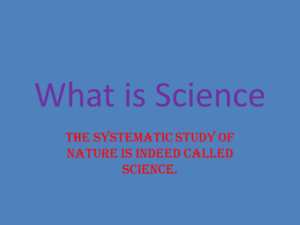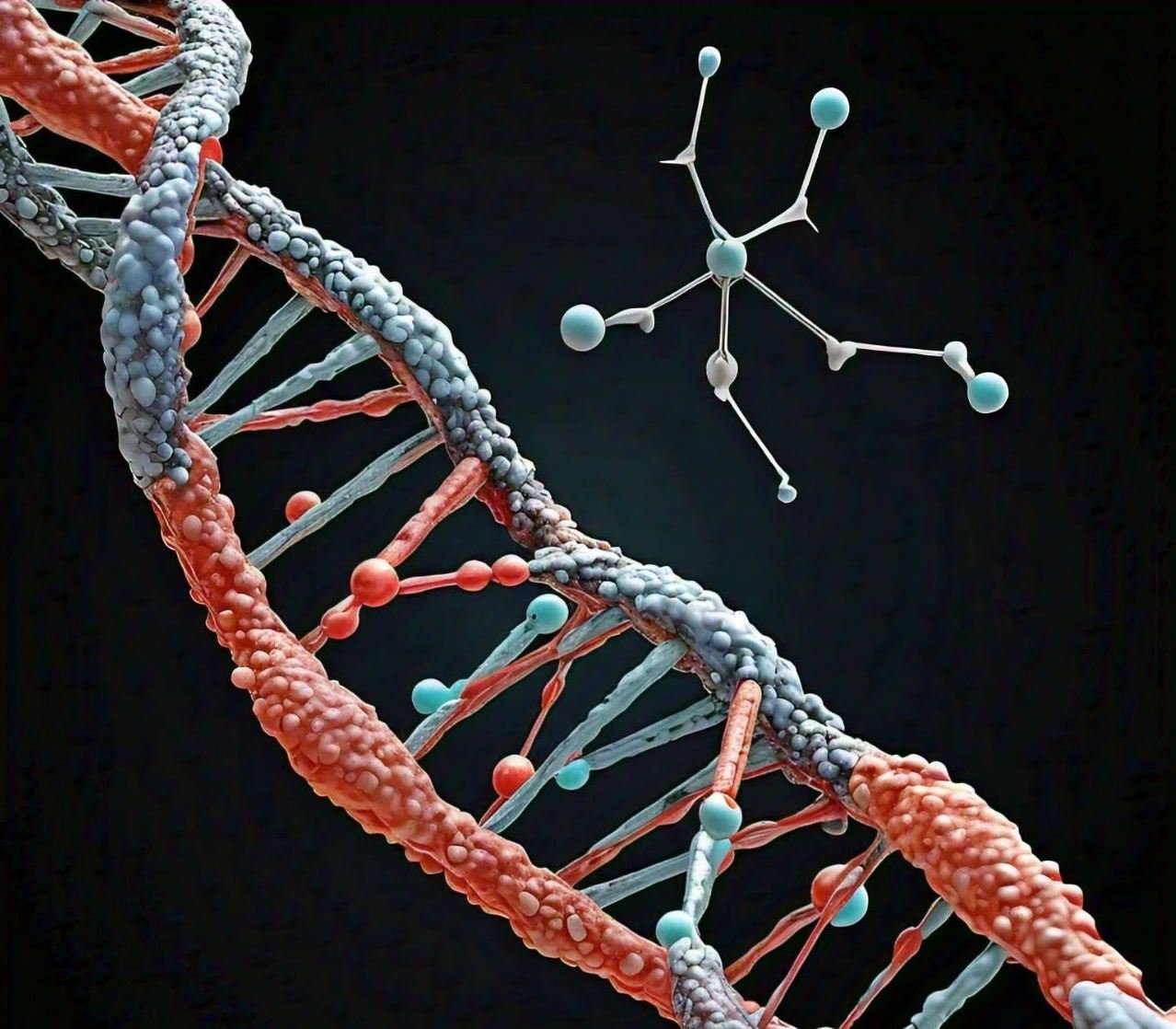What is Science?
Science is a systematic enterprise that builds and organizes knowledge in the form of testable explanations and predictions about the universe. It encompasses various disciplines such as biology, chemistry, physics, and Earth sciences, each exploring different facets of natural phenomena. Through observation and experimentation, scientists gather evidence and formulate theories that explain how things work in the world around us.

The Importance of the Scientific Method
Central to the scientific process is the scientific method, a rigorous approach that involves formulating hypotheses, conducting experiments, and analyzing data. This method allows scientists to remain objective and makes the research process reproducible. By employing the scientific method, researchers can validate their findings, thereby advancing our understanding of complex systems.
Real-World Applications of Science
The impact of science is profound, influencing numerous aspects of daily life— from medical advancements that save lives to technologies that enhance communication. Science drives innovation and informs public policy, providing empirical data that shapes decision-making processes. Furthermore, it offers solutions to global challenges like climate change, pandemics, and food security, proving that understanding science is essential for societal progress.
Science encompasses various branches, including:
1. Natural sciences (biology, chemistry, physics)
2. Formal sciences (mathematics, logic)
3. Social sciences (psychology, sociology, economics)
4. Applied sciences (engineering, medicine, agriculture)








Horticulture: The Modern Science Of Plant Cultivation - Molecular Plant Science
[…] Exploring the Essence of Science: A Comprehensive Overview […]